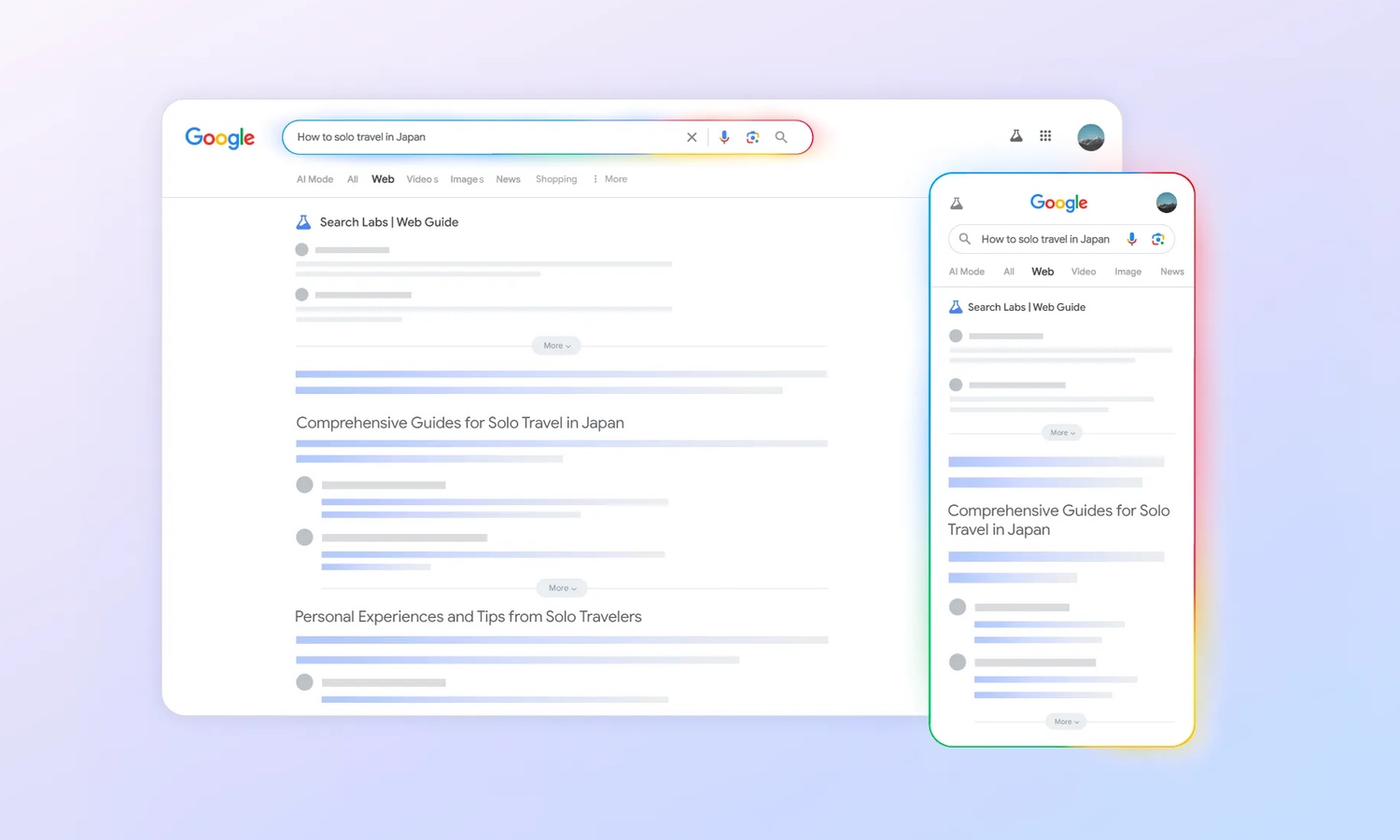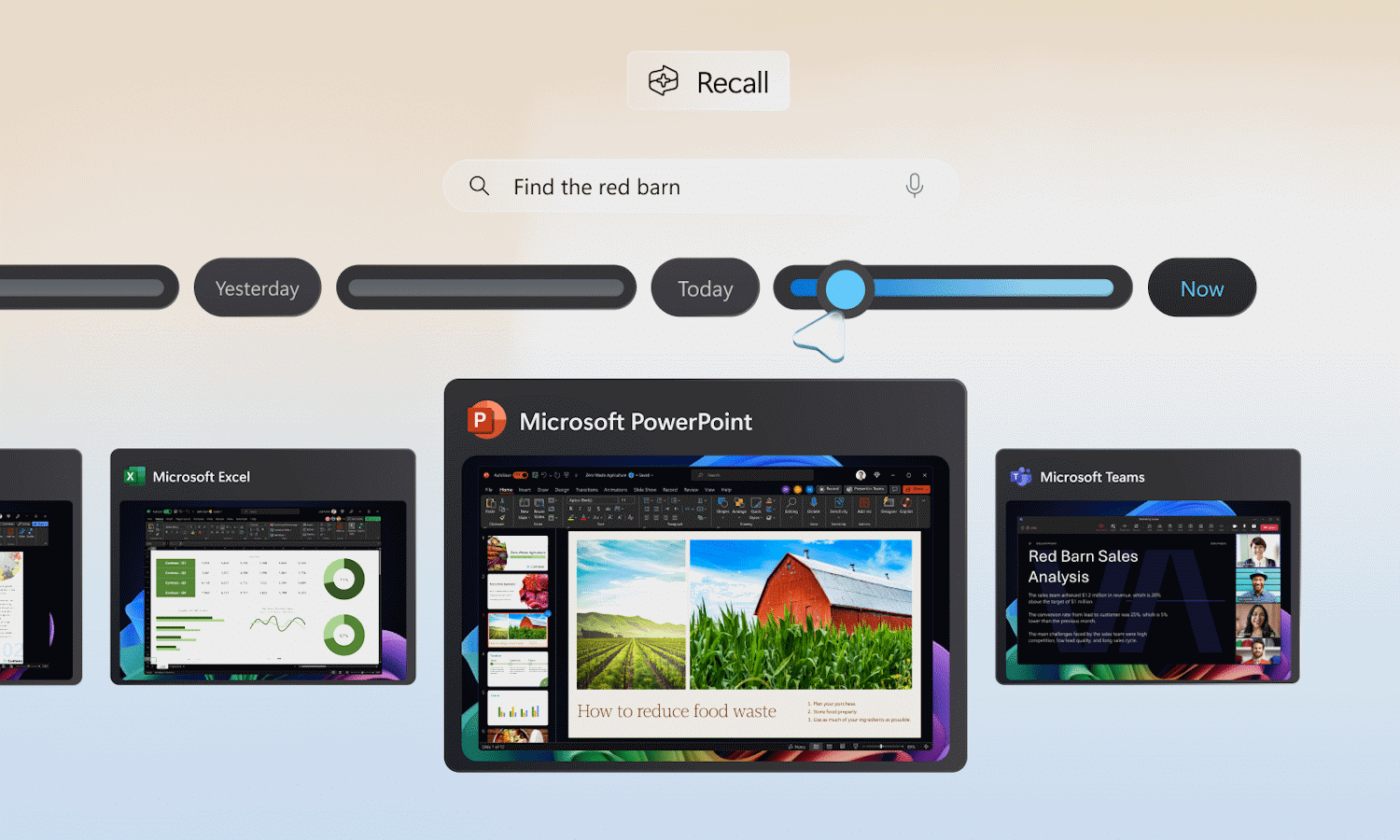
Google is injecting more AI into searches with Web Guide
With interests in both web searching and AI, that Google has blended the two should surprise no one. With the launch of Web Guide, the company is taking things a step further.
At the moment, the new Web Guide is both optional and experimental. This is not necessarily a vision of what Google has in store for its search engine, but it very likely is. This time around, Google is turning to artificial intelligence to change the way in which search results are displayed.

New Recall tool could be Microsoft's best use of AI in Windows 11 yet -- and its most private
Microsoft Build kicks off today but -- as is usually the case -- there have been various pre-event announcements, not least of which is the unveiling of AI-powered Copilot+ PCs. The hardware side of things is both powerful and exciting, with huge implications for not only computing capabilities, but also privacy.
This new breed of computers features neural processing units (NPU) meaning AI-tasks can be performed on-device, without the need to transmit data via the internet. One of Microsoft’s first tools to take advantage of this is Recall (once known as AI Explorer) which is an astonishingly powerful workflow tool that records and maintains a timeline of your computing activities and gives you a way to instantly locate content you have been working on. Microsoft describes it as like having a photographic memory, but it is perhaps better thought of as the ultimate productivity assistant.

Google may lock AI search results behind a paywall
Aa a company synonymous with search and a love of AI, it is little surprise that Google is combining the two. But people familiar with the company’s plans suggest that AI-powered search features could have a price tag attached to them.
The move would be a first for Google as the company has never charged for any search product, and it could be a sign that ads are simply not bringing in enough money. It is something that has been described as a big change to its business model, but it is not clear if this is a sign of further search-related charges to come.
